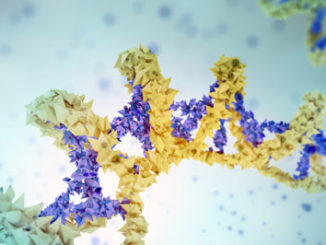Can Your Age Influence the Epigenetic Effects of Exercise?
We all know the extensive benefits of exercise: work out to stave off disease, improve mental acuity, lose weight, reduce stress, and so on. But even with all these benefits, there are still some questions surrounding the molecular causes that underlie them. Epigenetics has been particularly helpful in gaining new insights into the wide range of health benefits of exercise. Recently, a study showed that exercise could epigenetically keep the brain healthy by boosting the production of a protein called [more…]






